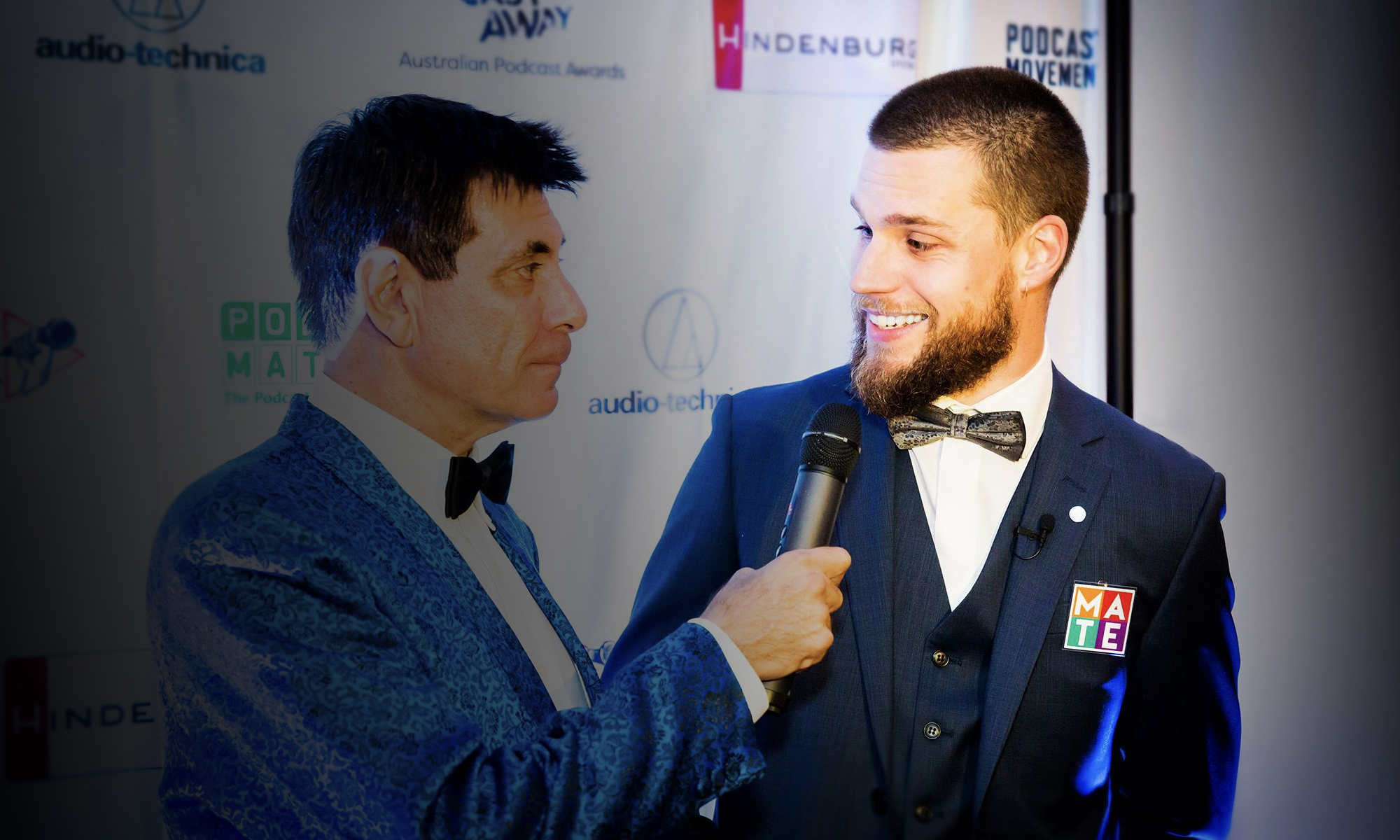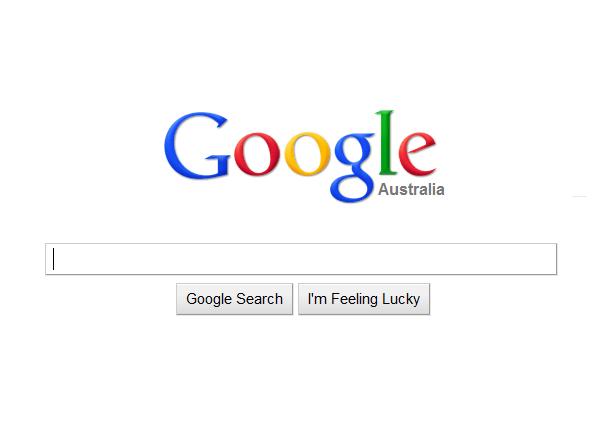“Google is to Search, as Facebook is to (what)…?“
—————
Facebook, Google.
You know these two companies. You probably use them both on a weekly, if not daily, basis.
Behind the scenes, these two complex web giants have a single linchpin they build all of their business strategies around:
—————
The observation:
Google is all about Search.
Everything Google does is centred around that one little Search box; that box which has made them trillions of dollars.
Facebook is all about Like.
Everything they do is centred around that one little Like button; that button which will shortly make them trillions of dollars.
—————
The reasoning:
When Facebook began, it was all about friendship and networks. This helped them to reach far, far beyond what anyone would constitute as their “critical mass”. Friends, acquaintances, aunts, uncles, mums and dads all joined to build Facebook’s monopoly of 400 million active users. I myself, a daily user of Facebook (for better or worse) was somewhat critical of Facebook’s longevity as it became less private and progressively very, very accessible & public to the world; and to people like my parents (which was one of the reasons I left MySpace for Facebook to begin with!).
I’m going to make a bold claim here, it’s becoming clear that:
Facebook is not about friendship,
Facebook is not about networks;
Facebook is about Liking, and the connections that eventuate via this “Like principle“.
We’re beginning to see a repositioning of their business model and strategy towards this concept.
Facebook is making a big move and taking progressive steps to highlight the social act of liking something. All of Facebook is designed around this idea. For example, when you add a friend you’re essentially liking that person. On Facebook we like celebrities, brands, videos, posts and anything else they can slap that Like button on!
It’s becoming clear to me that Facebook’s monetisation strategy is no longer about targeted ads based on your age, sex, location, marital status; but about collecting data and monetising the natural, instinctive social act of liking things.
I’m excited to see how Facebook goes about doing this. Expect to see a lot more of Facebook’s focus on the “Like Principle“.
You heard it here first on Who Is Adam Jaffrey‽
—————
Finally, a shout-out to Julien Smith who inspired this post through his comments on the Six Pixels of Separation podcast (iTunes link), in the episode titled SPOS #203 – Media Hacks #29.
—————
Update (18/06/10): Facebook has just launched the Like feature for individual comments. Another step in the direction of the “Like Principle“. Read more about it on the Facebook blog.







